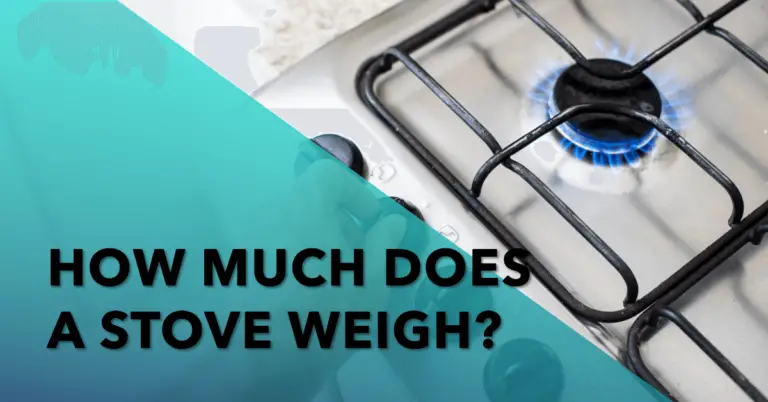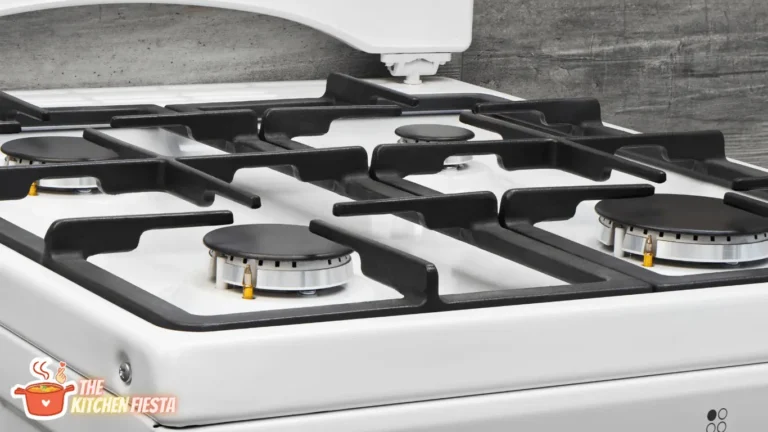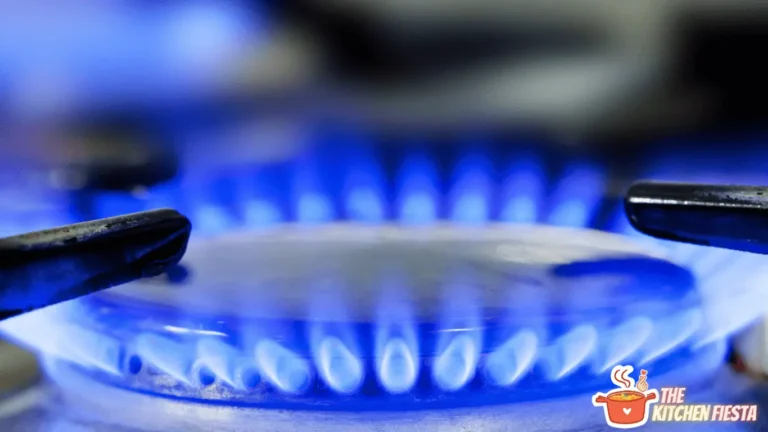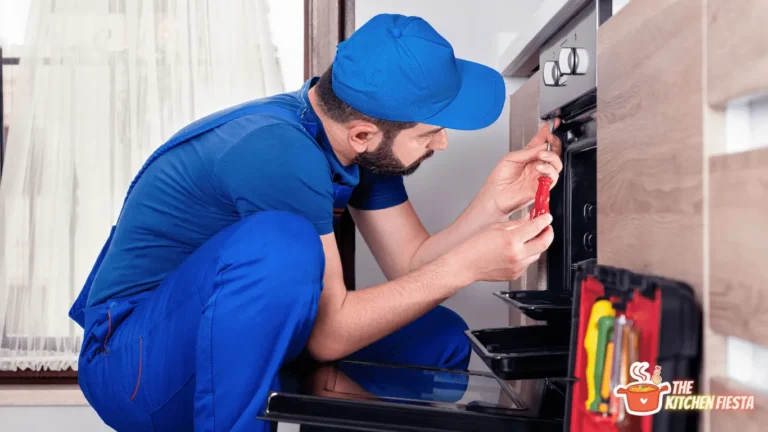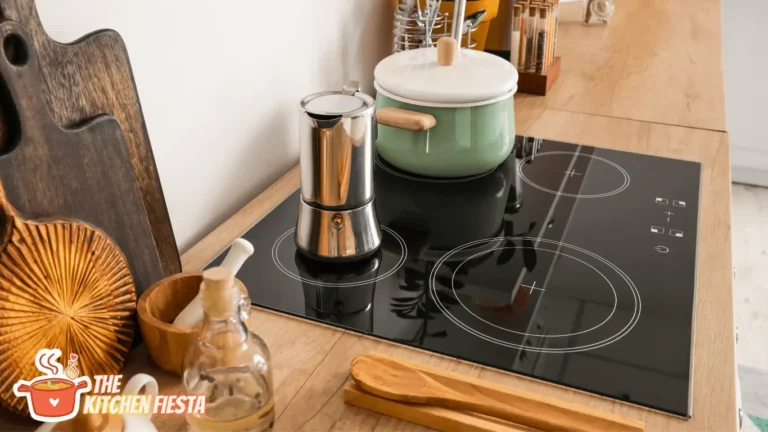Does a Gas Stove Need Electricity to Operate?
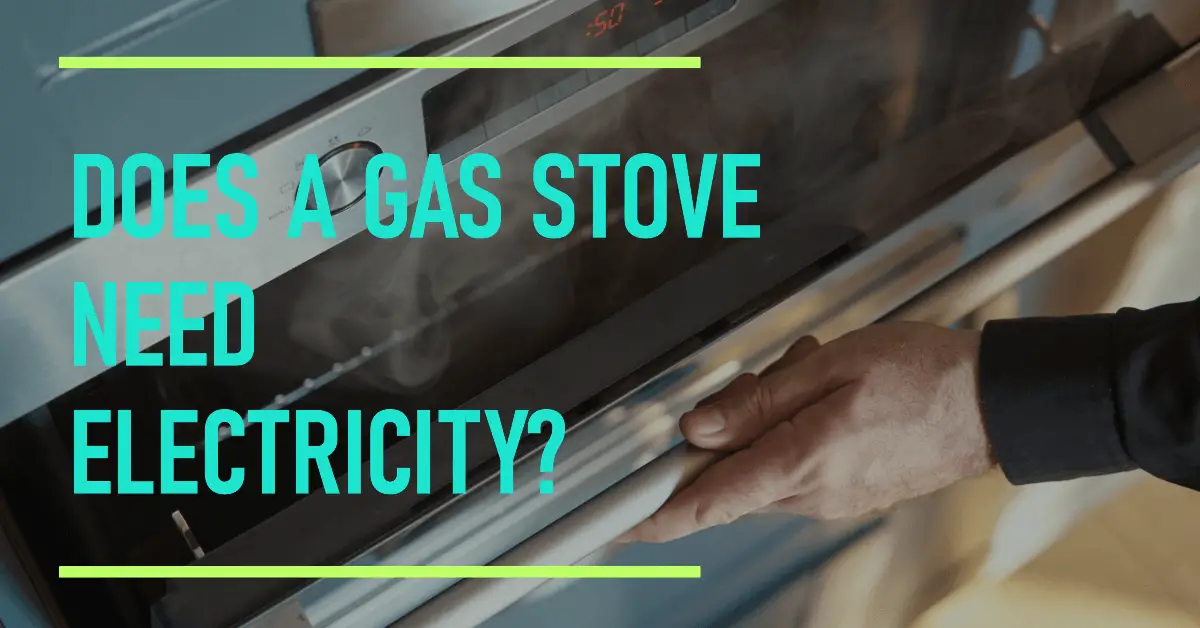
If you’re shopping for a new stove, you may be wondering if gas stoves require electricity to run. With frequent power outages causing havoc, many homeowners prioritize finding an appliance that will keep cooking during blackouts.
The short answer is that gas stoves do not need electricity to power the burners. This allows you to continue simmering soups or frying eggs when the lights go out. However, gas stoves do require an electrical connection to run certain features like the oven, ventilation hood, and digital controls.
In this article, we’ll take a deeper look at how gas stoves work with and without electricity. Let’s start by understanding the science behind these popular appliances.
How Do Gas Stoves Heat Up Without Electricity?
Gas stoves are fueled by either natural gas from a pipe connection or liquid propane from an external tank. This pressurized gas is delivered to the sealed burners on your cooktop.
When you turn the control knob, a valve opens to allow gas to flow into the burner. The gas then gets ignited by the pilot light, which is a small flame that is constantly lit. This ignition creates a larger flame under your cookware that heats up the pan.
The entire process of opening the gas valve, delivery through the pipes, and ignition by the pilot light does not require any electrical power. This key difference from electric stoves is what allows gas models to operate when the electricity fails.
To better understand, let’s quickly walk through what happens when you turn on a gas stove burner:
- You rotate the control knob, which opens the gas valve.
- Pressurized natural gas or propane flows into the sealed burner.
- The release of gas is ignited by the pilot light.
- This ignition creates a larger flame underneath the pot or pan.
- The flame heats up the cookware, allowing you to boil, simmer, or fry.
Because no electrical current is needed for any of these steps, the burners will continue working efficiently even during a blackout. This makes gas stoves highly reliable for emergency cooking situations.
Why Gas Stoves Still Require an Electrical Connection?
While the burners themselves don’t need electricity, gas stoves must be plugged into an outlet to power certain components. Let’s look at the key features that require electrical power:
Operating the Oven and Broiler
Unlike the cooktop, the oven and broiler in a gas range rely on electricity for all their heating needs. They use electric heating coils or electrodes that generate heat when energized with an electrical current.
This allows more advanced temperature regulation compared to the on/off nature of gas heating. You can precisely cook that holiday ham to 140°F or bake cookies that are evenly golden on the bottom.
So if the power fails, you unfortunately won’t be able to use the oven or broiler on a gas range. But the cooktop burners will hum along just fine.
Using the Igniter for the Burners
In lieu of a constantly burning pilot light, many modern gas stoves have an electric igniter. When you turn the knob to release gas, the igniter creates a spark to light the burner.
This eliminates the wastage and carbon footprint of an always-on pilot light. However, it does mean the cooktop requires electricity to operate. Without power, the burners cannot ignite.
Thankfully, most gas ranges have at least one burner with a manual igniter. This is a small, push-button sparker that creates a flame. So you can still use one cooktop element during an outage.
Powering Digital Controls, Timers, and WiFi
High-end gas stoves boast digital displays, touchscreens, and app connectivity. These futuristic features require electricity to operate properly. Without power, you may lose access to:
- Digital controls for precise temperature and burner settings
- Built-in timers and clocks
- Cook timers you can set remotely from your smartphone
- Diagnostics and error alerts
So if dependable WiFi connectivity is important to you, an electric induction or coil cooktop may be a better fit than gas.
Venting With an Overhead Hood
All stoves require proper ventilation, and hoods provide this by powering an exhaust fan to vent out smoke, grease, and odors. The fan and lights on a vent hood run on electricity.
Without power, you’ll lose the ability to turn on the fan or lights. So be sure to crack open windows when cooking on the gas burners during an outage. Proper ventilation is crucial for safety.
Can You Install a Gas Stove Without Electricity?
When it comes time to install your new freestanding or slide-in gas range, you may be wondering if you can safely hook it up without any power.
The answer is yes – you can install a gas stove without electricity as long as you take some safety precautions:
- The gas line can be hooked up for immediate burner use. However, do NOT turn it on yet!
- Once appliances are installed, the gas company can come perform a leak test before it’s safely turned on.
- Use battery-powered lights or headlamps if installing in the dark.
- Wait until the electrical line is also connected before turning on the gas or testing appliances.
- The electrician will need power on to test the oven, igniters, vent hood.
- If required, the anti-tip bracket can be installed to the wall beforehand.
So in summary, you can install a gas range initially without electricity. But coordinate with the gas company and electrician to ensure both lines are properly connected and tested before use. Safety first!
What’s the bottom line?
Gas stoves offer reliable cooking during power outages thanks to burners that run on natural gas or propane alone. But electricity is still required for optimal function and safety.
Choose the Best Stove Type for Your Needs
When choosing between a gas, electric, or induction stove, think about how they operate differently with and without electrical power.
- Gas stoves allow cooking with the burners when the power fails. But you’ll lose smart features and the oven.
- Electric and induction stoves require constant electricity to operate. But they offer more advanced heating, temperature control, and connectivity.
All stoves need ventilation and safety checks, so work closely with installation pros to configure utilities. And be sure to equip your kitchen with alternate cooking devices like a portable burner for emergencies.
With the right stove selection and safety preparation, you can keep cooking comfortably through power outages and electronics failures. Stay fueled up, friends!
Common Questions: Gas Stoves and Electricity
Let’s recap the key takeaways about how gas stoves use electricity with a quick FAQ:
Do gas stove burners need electricity to operate?
Nope! The gas cooktop burners do not require any electrical power. This allows them to remain functional during power outages.
Do gas stoves need electricity for the oven and broiler?
Yes, the oven and broiler run on electric heat sources. You cannot use these functions on a gas range without electrical power.
Why do gas stoves need to be plugged in then?
The electrical connection is required for features like the oven, vent hood, control board, LCD screens, WiFi, clock, and automatic igniters.
Can a gas stove turn on without electricity?
You can turn on a gas stove burner without electricity as long as it has a continuously lit pilot light. The burners won’t turn on if they have an electric ignition system.
Is it safe to install a gas stove without electricity?
You can install it but wait to turn on the gas until the lines have been tested by the gas company. The electrician will also need power on to thoroughly inspect and certify the range.


